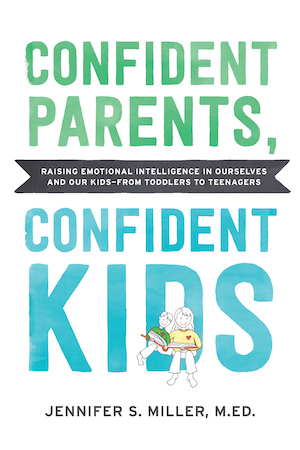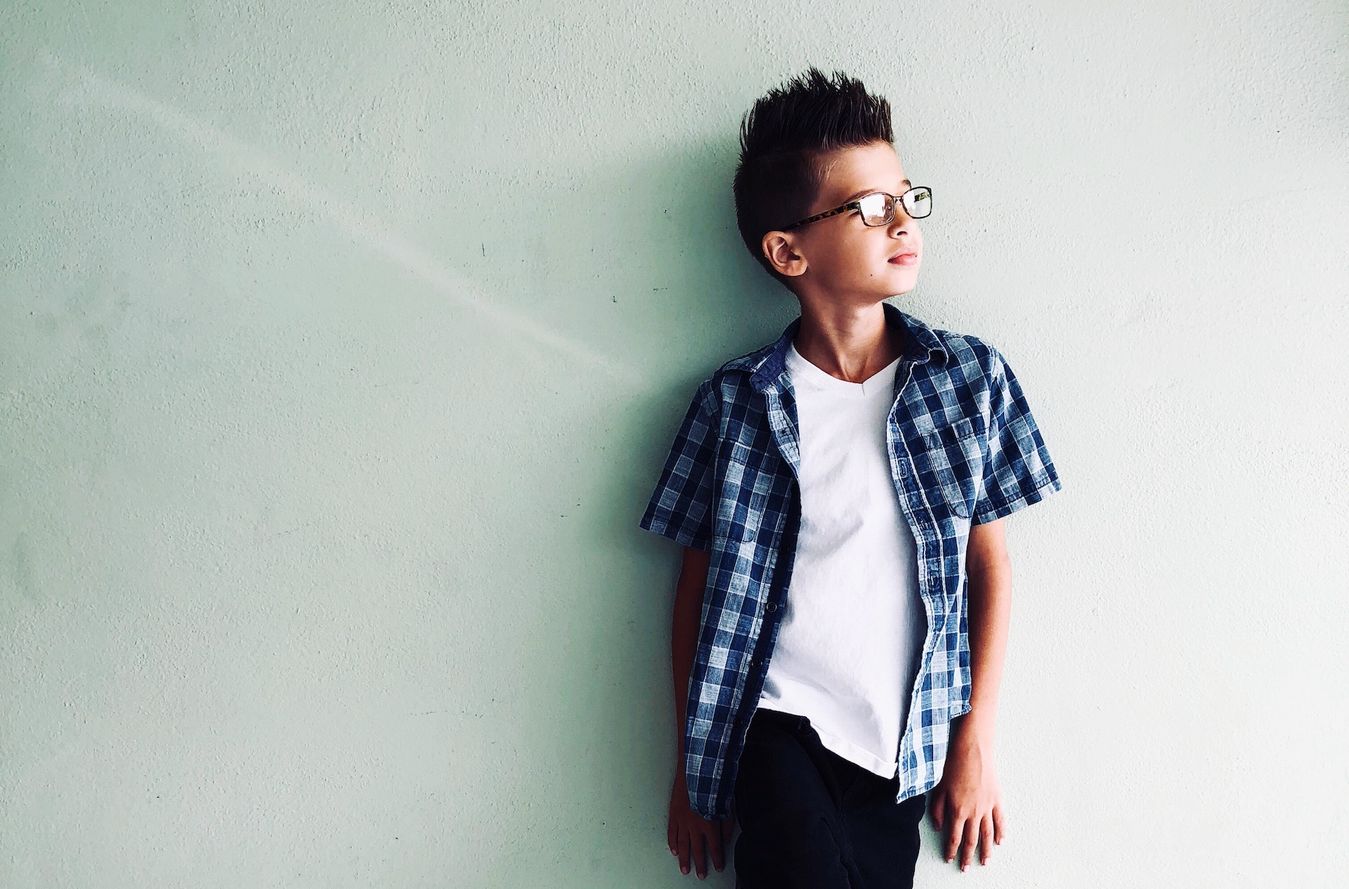Hormonal changes may make your tween unbearable, but it’s the perfect time to learn the one thing to ensure family harmony.
Despite the fact that collaboration is an essential skill for the sustainability of healthy relationships, whether it’s in family life, the school setting or the workplace, our children seem to get few opportunities to develop this skill.
Because the many varied opportunities to practise competition can work in direct opposition to learning collaboration skills, we need to make a point of it. And it will work to our direct benefit as we see family members working together in more cooperative ways.
So how? It need not be difficult. Check out these ideas.
Argue to learn instead of to win
Sometimes all we need to do is set the stage for collaboration. If we articulate a goal—“We need to work together to figure this out”—the participants will get busy on collaborative problem-solving. However, if we set the goal as competition—“Whoever gets there first, wins”—any shared insights will not be considered by others. Why? Because when we argue to win, we hold fast to our single view. Ours becomes the “right” opinion and to protect it, we shut down our ability to take in any new information. But if we argue to learn—in other words, offer opinions and then ask for others’ insights—we listen because we know we could improve our thinking or our problem-solving.
At dinner, as you discuss issues that concern your family, how can you frame them in terms of collaboration? “I have to do a paper on homelessness for language arts class,” my son said. Framing as a family opportunity to collaboratively learn, his dad asked, “What do we each know about the problem of homelessness?” From there, we shared our varied experiences.
Problem-solve together on issues of family concern
Do you give to charities? This is the perfect age to involve your child in thinking through what issues your family wants to address together. Do you want to improve a part of your home? Meet as a family and gather ideas for ways to work on that project. Deciding on a location for a holiday? Find ways to engage children in family decision-making to support their ownership and responsibility in your family life.
Involve each member in contributing to the household
Because of your tween’s sense of fairness, they will relate to the equity of all contributing to your household if you approach the conversation that way. How’s Mum pitching in? What about Dad? If a sibling vacuums weekly, can they take responsibility for washing dishes? As your child grows, it’s important that they increase their responsibility in caring for your home life, just as they have growing responsibilities in their school life.
Agree to what it means to fight fairly
Families fight. That’s not a weakness but rather a reality of human beings living together. In fact, marriage expert John Gottman, who studied why couples get divorced, found that the frequency of fighting didn’t matter when it came to couples who stayed together versus those that did not. All fought. The difference was in how they fought.
One of the factors he discovered in successful long-term relationships was that healthy couples balanced their negativity with positivity. There was, in fact, a magical amount of five positive interactions to one negative interaction, called the Gottman Ratio, that allowed for sustainable relationships.
This is true with our parent-child and sibling relationships as well. Consider a particularly difficult day with your kids. Did they have five positive interactions with you to counteract the one challenging one? Consider that the way we talk to our partner becomes the way that our child speaks to them, too. I noticed that my son started thanking me for dinner after my husband thanked me a number of times.
How do we appreciate the work that our partner puts into our life? Yes, we may put in hard work, too, maybe even the lion’s share. But recognising and appreciating even small contributions creates a culture of appreciation in family life that translates into appreciative children.
Studies show that kids who lived in households with regular parental fighting experienced a higher stress level than others who lived in more peaceful households. Over time, that stress compromised the children’s brain development, leading to impairments in learning and memory.
But kids who lived in households in which parents argued but genuinely resolved the arguments (kids were aware if parents faked a resolution) were actually happier than before they experienced the argument. Why? Because they learned that their parents can fight and work it out. Their family survival was not at risk every time there was an argument. As we examine the ways that develop or destroy our relationships when disagreeing, it’s evident that how we use and share power matters greatly when it comes to family members feeling accepted, valued and empowered to be their best selves.
The magical tween age
It’s no accident that some of the most beloved children’s characters in movies and books—Charlie Bucket and Anne of Green Gables, to name a few—are depicted at this tween age. It’s a magical time in which children are capable of sophisticated questions and thinking about the larger world as they broaden their circle of concern.
Yet, they remain deeply connected to and dependent on our daily family life. They are no longer merely cared for but become capable givers of care. We can deepen our own empathy skills as we offer our children authentic practise for their growing social awareness. How can we learn from others together, especially those who challenge us? How can we support our children in acting with compassion? And how can we expand our own circle of concern by exercising compassion with them?
We have the opportunity right now to deepen our intimacy and trust with our children as they explore new worlds, discover a sense of meaning in their relationships and reach out to others to make their lives better—if only we act together. When we do, we set the stage for our children’s bright, long-term career of healthy, fulfilling relationships with friends, with us and with themselves.

Text from Confident Parents, Confident Kids by Jennifer S Miller, MEd, Murdoch Books, RRP $29.99.
How helpful was this article?
Click on a star to rate it!
4 / 5. 1
Be the first to rate this post!
Jennifer S Miller
Related posts
Subscribe
Receive personalised articles from experts and wellness inspiration weekly!

